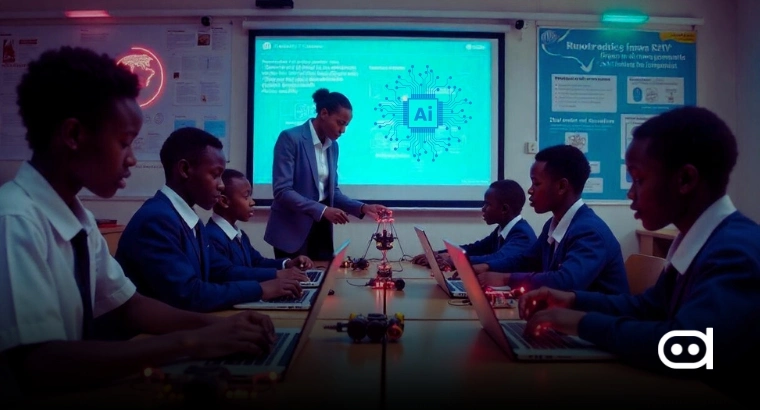
In a recent panel discussion, panelists argued that the United States, China, and companies based in these nations should be involved in any global regulations governing generative AI. It was stated that companies pertaining to these nations must actively participate in a constructive discourse concerning generative artificial intelligence.
The recent panel discussion was organized by the China-America Studies Institute, which is headquartered in Washington. It had been agreed upon by the Chinese and American chief executive officers to establish a government-to-government forum to discuss Artificial Intelligence. Recent discussions between the Chinese Foreign Minister and US National Security Adviser centered on the governance of artificial intelligence.
According to Paul Triolo, an associate partner for China and Technology Policy Lead at Albright Stonebridge Group, a global strategic consultancy and commercial diplomacy business, the US and China lead in scale, number of researchers, and STEM researchers. Thus, China and Chinese firms must participate in global discussion, he added.
Panelists at the event noted that AI organizations in the United States and China maintain constant communication. Prominent scientists hailing from both nations will engage in a collaborative effort to address innovative facets of Artificial Intelligence governance.
The announcement of a partnership between the United States and China regarding AI governance surfaces at a time when the world of AI, fueled by ChatGPT, is undergoing a profound revolution. ChatGPT, a renowned chatbot developed by Open AI, operates by leveraging expansive language models capable of text generation and recognition. Generative AI, the successor to AI, is an innovative technology that holds significant potential for social and technological change.
Nations and corporations that prioritize Artificial Intelligence, particularly generative AI, will reap substantial financial rewards. The forthcoming subjects of discourse in the China-US dialogue regarding the governance of artificial intelligence remain to be ascertained. Concerning US-China cooperation in the field of generative AI, an expert stated that there are more inquiries than resolutions. A slight divergence exists between the Chinese and American viewpoints regarding the governance of artificial intelligence. Both the United States and China are eager to learn more about artificial intelligence management and control.
The United States is somewhat apprehensive regarding the malicious uses of artificial intelligence. China places significant emphasis on the development of high-quality labor forces and is certain that it can create a novel economic and technological paradigm through the implementation of tech transformation enabled by artificial intelligence. The recent collaboration between the United States and China has initiated dialogues regarding the export control restrictions imposed by the American government on graphics processing units. The critical roles that the United States and China assume in AI governance and safety are widely acknowledged.
In terms of global AI governance, 2024 is a pivotal year, with the United States and China at the forefront. The collaboration between the United States and China will help to advance AI development, security, and governance efforts around the world. The proactive stance of the United States and China to AI governance has become a hot issue of discussion in global technology circles.
The collaboration between the American and Chinese governments on generative AI will strike the optimal mix of technological innovation and control. China has always wanted to develop unique generative AI models and game-changing AI applications. Generative AI has enormous potential but presents political, security, and regulatory challenges for the American and Chinese governments.









